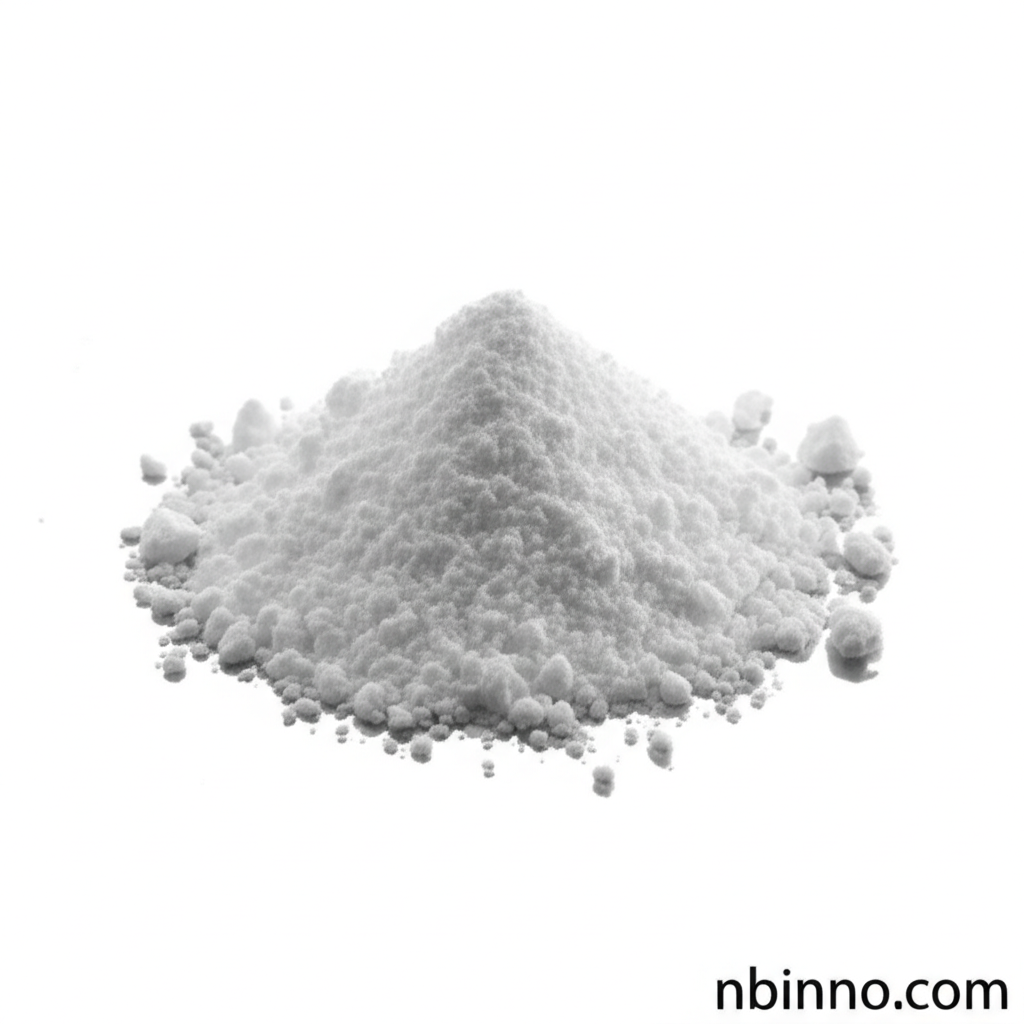Unlocking Bioconjugation: A Comprehensive Guide to SMCC Crosslinker
Discover the power of SMCC for precise covalent coupling of amines and thiols in your bioconjugation projects.
Get a Quote & SampleProduct Core Value

SMCC crosslinker
SMCC is a highly versatile heterobifunctional crosslinking reagent designed for the precise covalent conjugation of molecules containing primary amine and sulfhydryl groups. Its unique structure allows for the formation of stable amide bonds with amines and thioether bonds with sulfhydryl groups, making it an indispensable tool in advanced bioconjugation strategies.
- Explore the amine and sulfhydryl coupling capabilities of SMCC to create stable bioconjugates for research and development.
- Understand the heterobifunctional crosslinker mechanism to effectively link biomolecules in complex biological systems.
- Learn about the stability of SMCC crosslinker, ensuring reliable performance across various experimental conditions.
- Discover how protein labeling with SMCC can be achieved with high specificity and efficiency for various downstream applications.
Advantages of Using SMCC
Enhanced Bioconjugation Specificity
The distinct reactivity of SMCC's NHS ester and maleimide groups ensures highly specific conjugation, minimizing unwanted side reactions and improving the purity of your conjugates. Leverage bioconjugation chemistry techniques for cleaner experimental outcomes.
Versatile Application in ADCs
SMCC is a critical component in the development of Antibody-Drug Conjugates (ADCs), facilitating the stable attachment of cytotoxic payloads to antibodies. This makes it a key reagent in antibody-drug conjugate development for targeted cancer therapies.
Membrane Permeability for Intracellular Targeting
The membrane-permeable nature of SMCC allows for crosslinking of intracellular proteins and peptides, broadening its utility beyond cell surface modifications. This is valuable in various biotech research reagents applications.
Key Applications
Antibody-Drug Conjugates (ADCs)
SMCC plays a pivotal role in creating ADCs by linking therapeutic payloads to monoclonal antibodies, enabling targeted drug delivery. This is a prime example of advanced chemical linkers in pharmaceutical innovation.
Biosensor Development
In biosensor technology, SMCC is used to immobilize biomolecules onto surfaces, creating sensitive and specific detection platforms. Its use is crucial for precise protein crosslinking strategies.
Protein Labeling and Modification
Researchers utilize SMCC for attaching labels, enzymes, or other functional molecules to proteins, aiding in their study and application. This highlights its importance as one of the life science coupling agents.
Peptide Synthesis and Modification
SMCC's ability to link peptides with other molecules makes it valuable in peptide-based drug discovery and diagnostics. It's a key tool for chemical synthesis in this domain.
